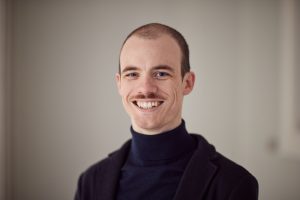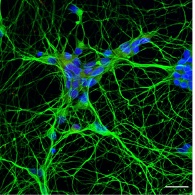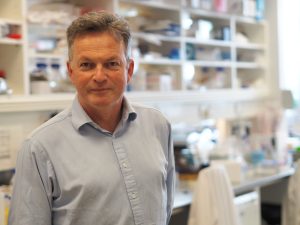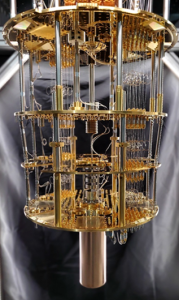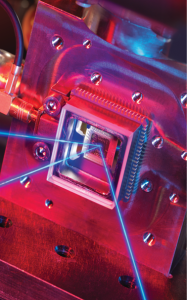Tuesday 16th January 2024 from 19:00 for 19:30
Abingdon United Football Club (Northcourt Rd, OX14 1PL, Abingdon)
 Over the last fifty years, as physicists have deciphered the nature of sub-atomic particles and pieced together the Standard Model of Particle Physics, the size of the experiments needed has grown bigger and bigger. The construction of the gigantic detectors now used to study proton collisions at the Large Hadron Collider is a formidable endeavour, involving teams of thousands and scientists and engineers. I will tell the story of how these ‘cathedrals’ of our age are built. Join me for a virtual tour of the ATLAS detector, with the aid of a Minecraft model, to see the components used to identify, track, and measure the hundreds of particles flying out from the beam collision point, and thus piece together a picture of the processes going on, and search for the signature of new phenomena.
Over the last fifty years, as physicists have deciphered the nature of sub-atomic particles and pieced together the Standard Model of Particle Physics, the size of the experiments needed has grown bigger and bigger. The construction of the gigantic detectors now used to study proton collisions at the Large Hadron Collider is a formidable endeavour, involving teams of thousands and scientists and engineers. I will tell the story of how these ‘cathedrals’ of our age are built. Join me for a virtual tour of the ATLAS detector, with the aid of a Minecraft model, to see the components used to identify, track, and measure the hundreds of particles flying out from the beam collision point, and thus piece together a picture of the processes going on, and search for the signature of new phenomena.
The scale of such projects mean we may have now reached the limit. While we can design even larger experiments, we must also ask whether this is the right direction to take, and could another route to search for answers about fundamental forces and particles be a better option. The future direction of particle physics is now an open question, with proposals for machines even larger than the LHC, but no clarity on which, if any, of these will happen. I will discuss different ways to search for New Physics, and the speculation about the future of our quest after the LHC era.
Speaker: Dr. Sam Henry
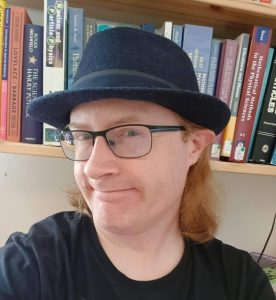 Dr Sam Henry is a Detector Development Scientist at the University of Oxford. He works on instrumentation for high-energy physics experiments, including the planned upgrade of the ATLAS detector at the Large Hadron Collider and the ePIC detector for the future Electron Ion Collider at Brookhaven, New York. Over the last twenty years, he has worked on projects including the readout for a dark matter search, and magnetometers for precision measurements of fundamental particles and geophysics. He also runs particle physics public engagement activities at Oxford and can be found at the ATOM Festival Science Market, enthusing about particle physics with the aid of Lego bricks and soft toys.
Dr Sam Henry is a Detector Development Scientist at the University of Oxford. He works on instrumentation for high-energy physics experiments, including the planned upgrade of the ATLAS detector at the Large Hadron Collider and the ePIC detector for the future Electron Ion Collider at Brookhaven, New York. Over the last twenty years, he has worked on projects including the readout for a dark matter search, and magnetometers for precision measurements of fundamental particles and geophysics. He also runs particle physics public engagement activities at Oxford and can be found at the ATOM Festival Science Market, enthusing about particle physics with the aid of Lego bricks and soft toys.


